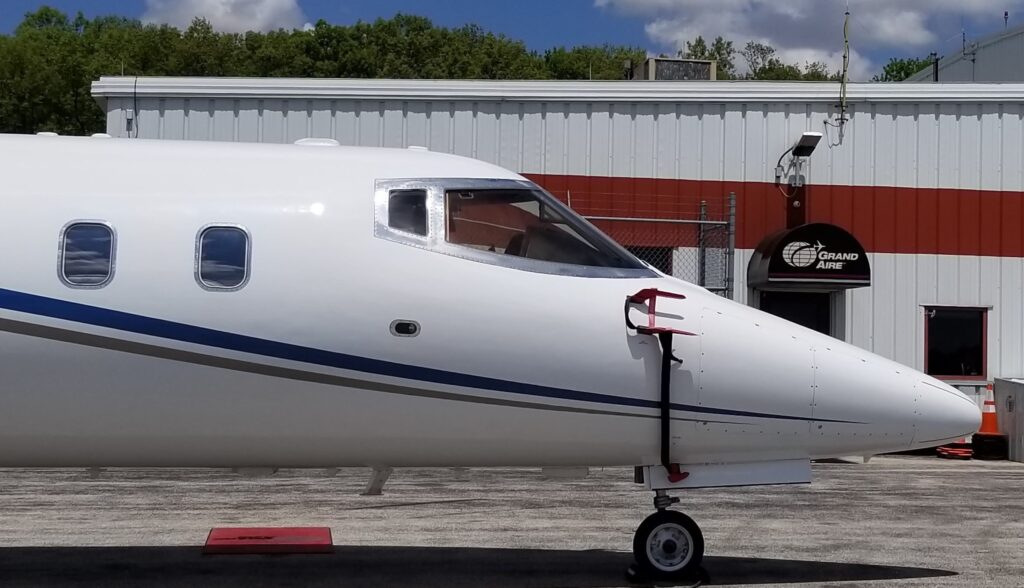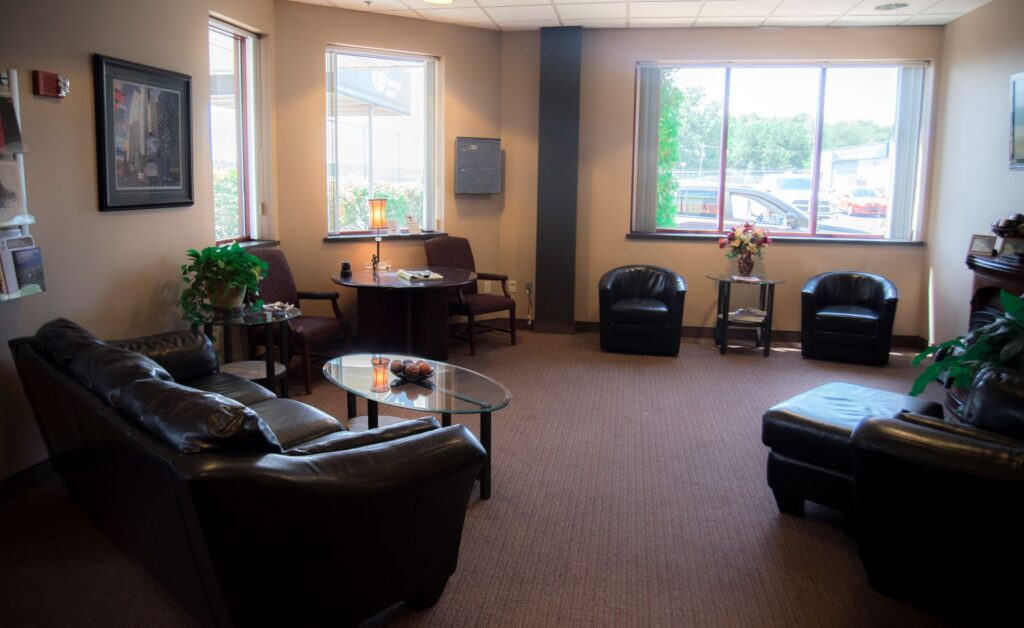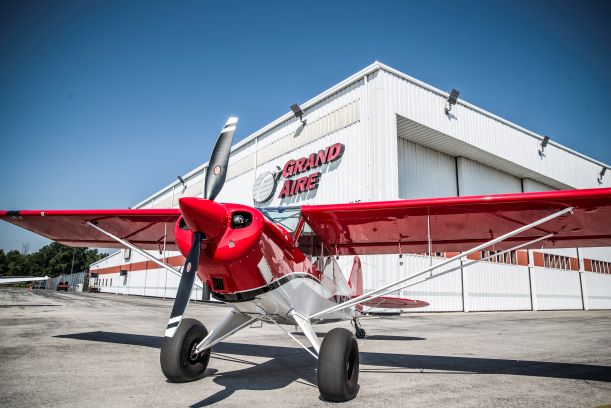FBO: What the Heck is It?
Pilots and passengers of private planes are certainly familiar with the term Fixed Base Operation, or FBO. But to the general public, or even the novice aviation enthusiast, this title is most likely an unknown mystery.
Airplanes Take Flight
When planes began to fly in the early 1900’s, there were no aviation regulations. Planes were used more as a source of entertainment than for transporting passengers or cargo. Pilots known as “barnstormers” would travel around the United States performing aerobatic stunts for the locals.
Due to the transient nature of their performances, these pilots did not have a fixed business location. With few airports in existence, they utilized farmers’ fields for their landings and take offs in the various towns they visited.
US Air Commerce Act
In 1926, the Air Commerce Act was passed. This legislation provided for air traffic rules, the training and licensing of pilots and regulation of aircraft maintenance.
As a result, more airports emerged. Many businesses were established by pilots and mechanics and located either at or next to an airport. Since these businesses had actual physical addresses, they were deemed Fixed Base Operations or Operators.
FBO’s Are Formed
Originally, the term FBO was used to distinguish those aircraft operators with permanent localities from those without. Furthermore, travelling pilots would simply contact the Fixed Base Operator at the airport to make the necessary arrangements for landing. This was not a commercial transaction at the time.

With the evolution and growth of the private aviation industry, FBO’s were ultimately transformed into separate entities working in conjunction with the main airport. They are typically located on the actual grounds of an airport and offer a wide variety of services for private jet customers, aircraft and crew.
The most common attribute of an FBO is space on the ramp for the aircraft to park and fueling capabilities. Larger FBO’s usually offer hangar space or tie-downs.
Line workers are present to direct pilots to their parking spot upon their arrival and assist with baggage if needed. Once passengers have disembarked, planes are often moved by tugs to parking areas further from the main entrance of the FBO.
Inside the FBO

The most essential amenity inside the FBO is, you guessed it, ample restrooms. They are usually the first stop for both pilots and passengers alike.
Vending areas are common, and there is usually a customer service representative present to assist with local transportation and aircraft service needs.
Many FBO’s have conveniences such as a pilot lounge, crew resting areas and computer terminals for flight planning. The availability of crew cars for local trips is also a much-appreciated service offered by some FBO’s.
Welcome to Toledo, Ohio
Located at the Toledo Express Airport (KTOL), Grand Aire is a prime example of a successful and reputable FBO. We operate the only 24/7/365 full-service FBO on the field. Our extensive list of amenities and services include aircraft fueling and de-icing, high-tail hangar space, customs clearing assistance, crew cars, baggage handling, aircraft catering and more.

In addition to traditional FBO services, we also have the capability to load/unload cargo from any aircraft type. We operate our own forklifts and main deck loader and offer temporary warehousing if needed.
If your travel or cargo destination happens to be through KTOL, let us put our experience to work for you. Give us a call at 1-800-70-GRAND or email our team directly at fbo-lineservice@grandaire.com
